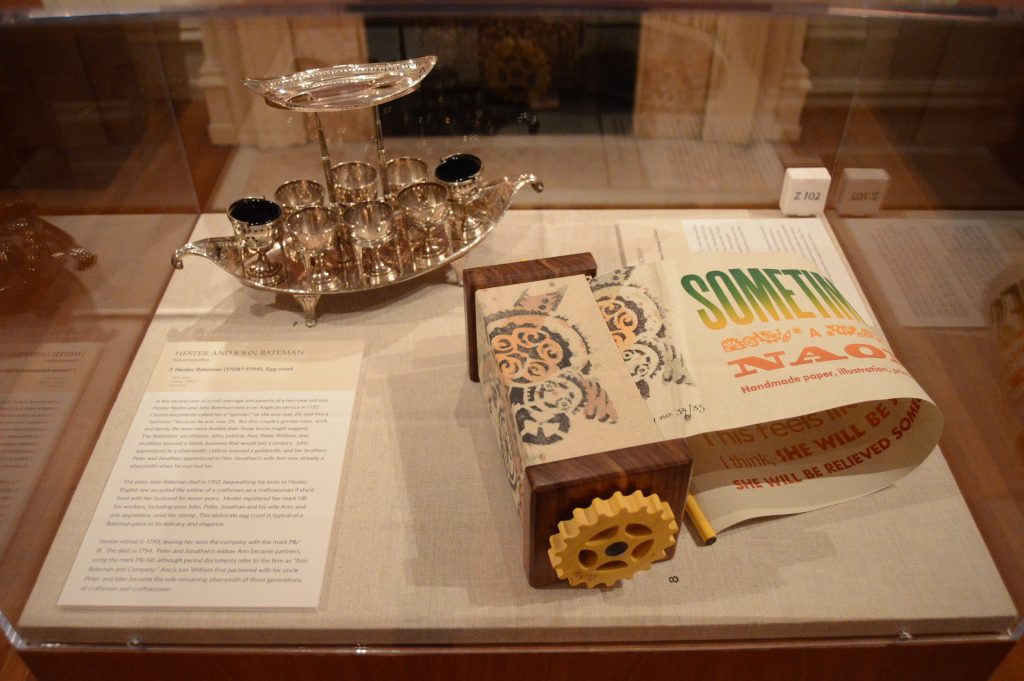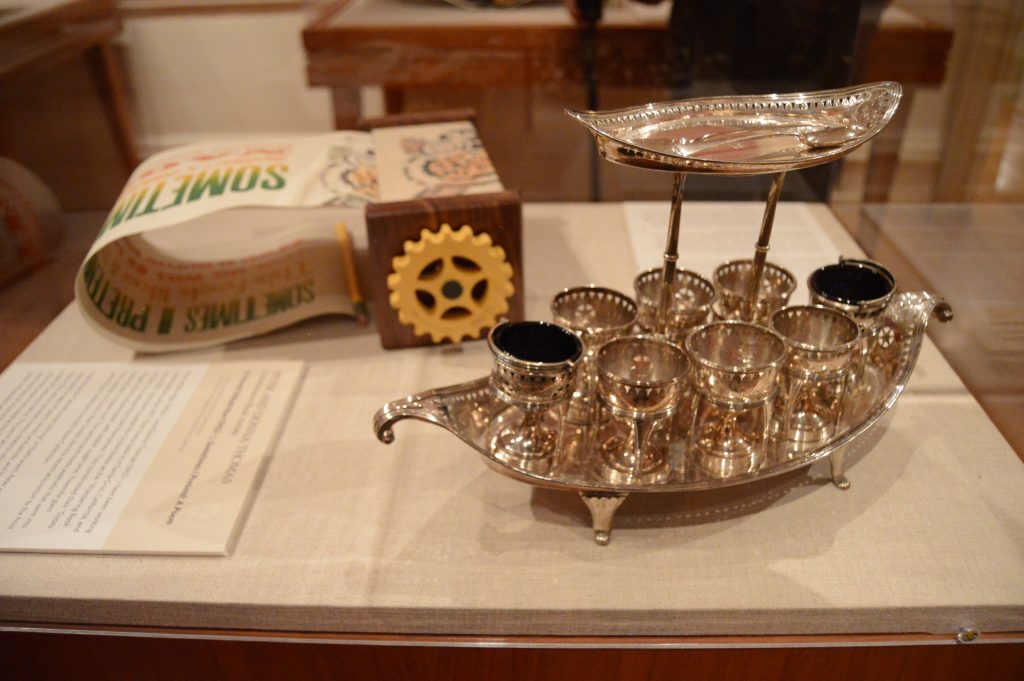When I was in third grade, I participated in a poetry-writing workshop that was held in my hometown’s art museum; the idea was for us third-graders to write and workshop a poem inspired by an artwork or artifact on display. I remember roaming around the museum with my classmates, all on our best church behavior, quietly and gravely examining the art to see what stories it had to tell. I also remember the warm and benevolent presence of the workshop leader, who encouraged the room of very serious small poets to take a more playful approach. At one point she took out a guitar and sang us a song that began with some nonsense rhymes: “I’ve got a song and it’s for you/ rutabaga rutabaga rutabaga-roo.” My mother (who was attending as a chaperone) bought a cassette tape of the workshop leader’s music, and for months we listened to it on our daily rides to and from my elementary school. Though I don’t remember the details of what we learned or wrote at the poetry-writing workshop, the experience impressed several meaningful lessons on my young mind. One: it’s best to start the school day with laughter. Two: inspiration is all around, from hallowed museum halls to humble root vegetables. Three: reading and writing poetry can be fun and irreverent as well as a serious intellectual undertaking.
The workshop leader was award-winning poet Naomi Shihab Nye, whose poem “Sometimes I Pretend” is currently on view at the Rosenbach in the form of an art book designed by Peter and Donna Thomas. You won’t miss it: when you walk into the gallery where Of Two Minds: Creative Couples in Art & History is on display, the Thomases’ eye-catching creation shares a display case with a silver egg cruet in the center floor.

(Also pictured: silver egg cruet, also on view in Of Two Minds: Creative Couples in Art and History.)
The poem:
Sometimes I pretend I’m not me. I only work for me.
This feels like a secret motor chirring inside my pocket.
I think, she will be so glad when she sees the pages neatly written.
She will be relieved someone sharpened pencils, folded clothes.
The Thomases, or the Wandering Book Artists as they are sometimes called, printed Nye’s poem onto a scroll with wood and metal type on paper handmade by Peter, illustrated with images stencilled by Donna. The beginning of the poem is printed in bright rainbow colors and varying fonts, evoking the playfulness of the opening line’s a game of make-believe; by the end of the poem, the evenly sized capital letters in solid red suggest a more serious tone. The scroll is bound like a secret inside of a beautiful wooden box, trimmed with a yellow pencil to keep it from slipping it inside, and it can be guided in or out of the box by turning the wooden gears at the sides; in our display case, the scroll has been extended but folded over, so the visitor can only get a partial glimpse of the poet’s private wish. The gear mechanism was partly inspired by a line of the poem, “secret motor chirring.” The images of gears and motors evoke a kind of industrial labor that might seem at odds with the handcrafted natural materials and vibrant illustrations of the box, but just like the pencil-sharpening and clothes-folding mentioned in the poem, mechanical labor supports and makes art possible.
When I look at this beautiful box and its half-hidden poem, I think about that long-ago day I spent with the poet at a museum, learning to balance seriousness and irreverence, work and play.

(Also pictured: silver egg cruet, also on view in Of Two Minds: Creative Couples in Art and History.)
April is National Poetry Month, so let’s celebrate the poets who have changed your life or made a serious impact on your imagination. Don’t be too quick to answer! Sometimes it seems that even voracious readers feel all or nothing about poetry, as if it’s a room or a secret society and you’re either in or you’re out. But poetry, like inspiration, is all around: in the song lyrics that play on repeat in our minds, in the invocations at our most meaningful ceremonies, the inscriptions on monuments and in our favorite books. So whether you’re an avid reader of poetry or not, tell us: what poet changed your life?

The most memorable book of poetey is 100 Love Sonnets by Pablo Neruda. It changed how I think and write about love and passion.